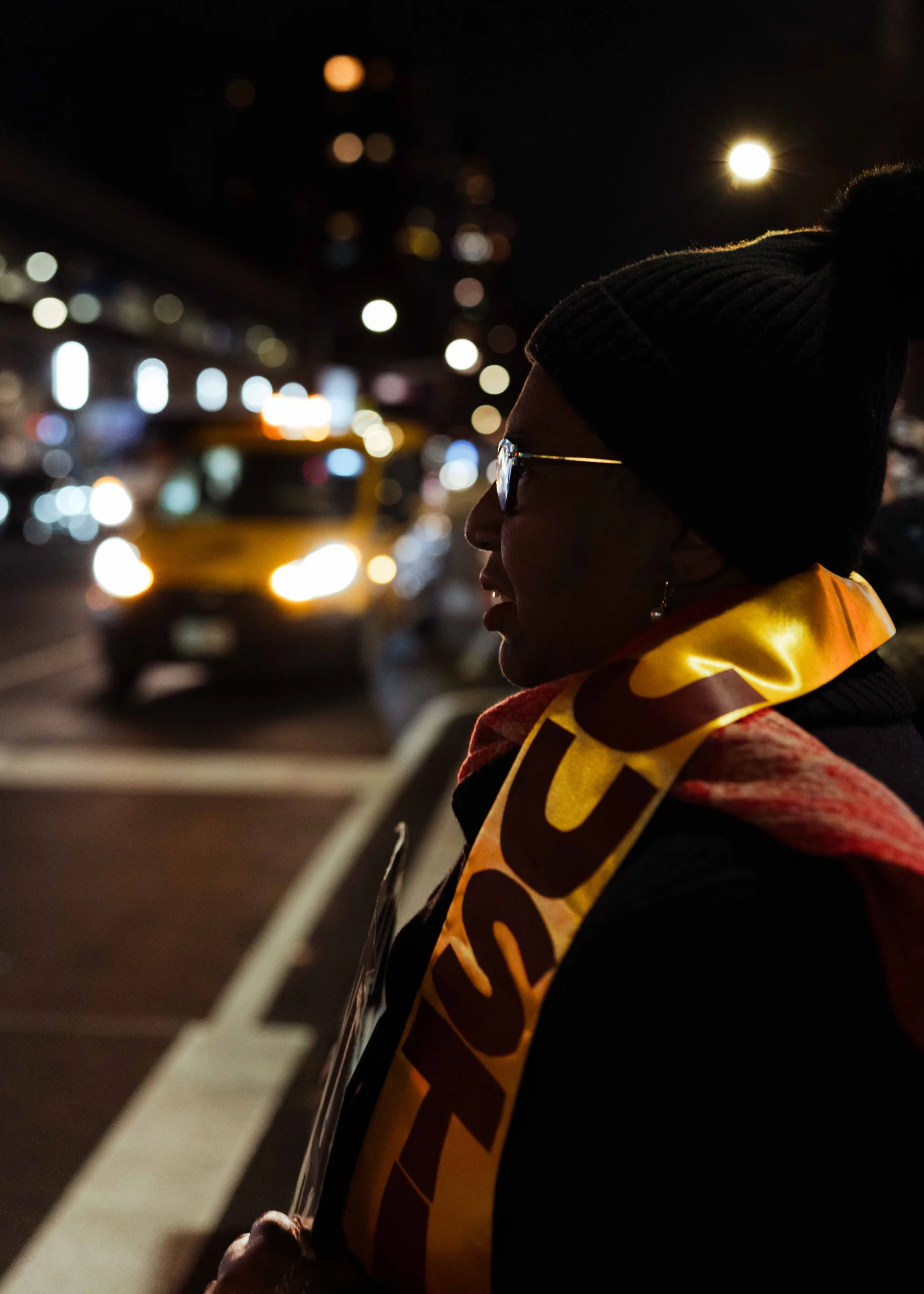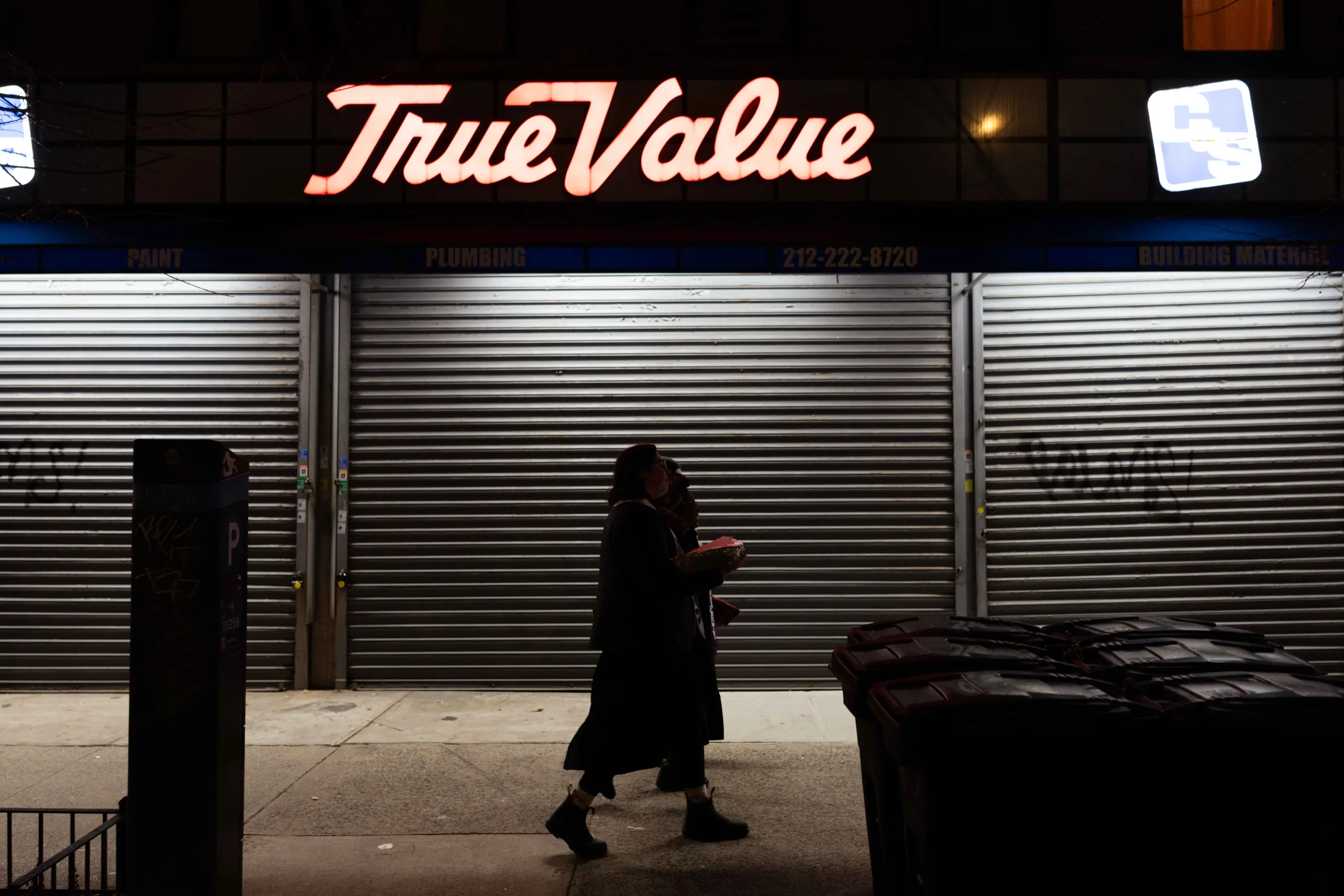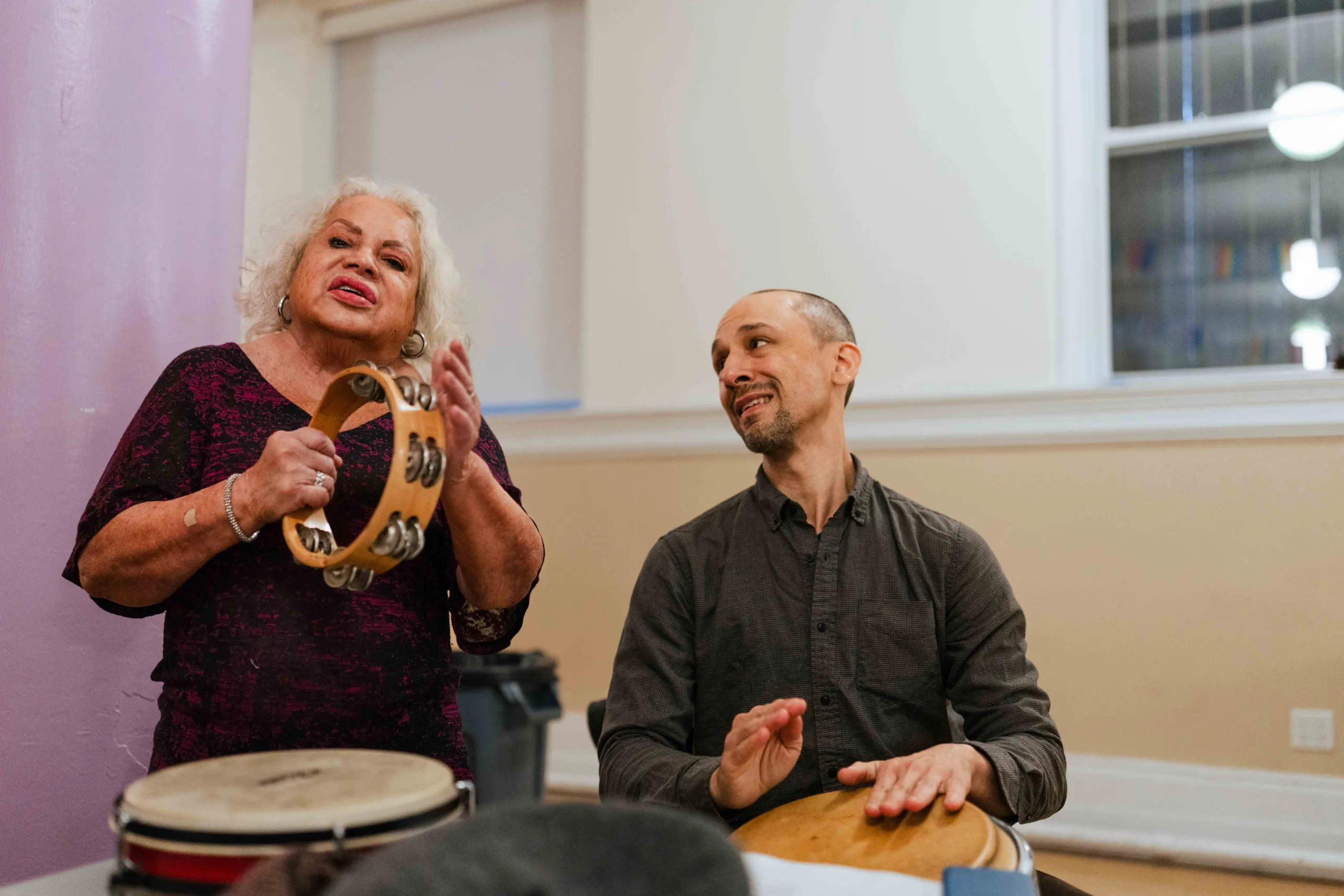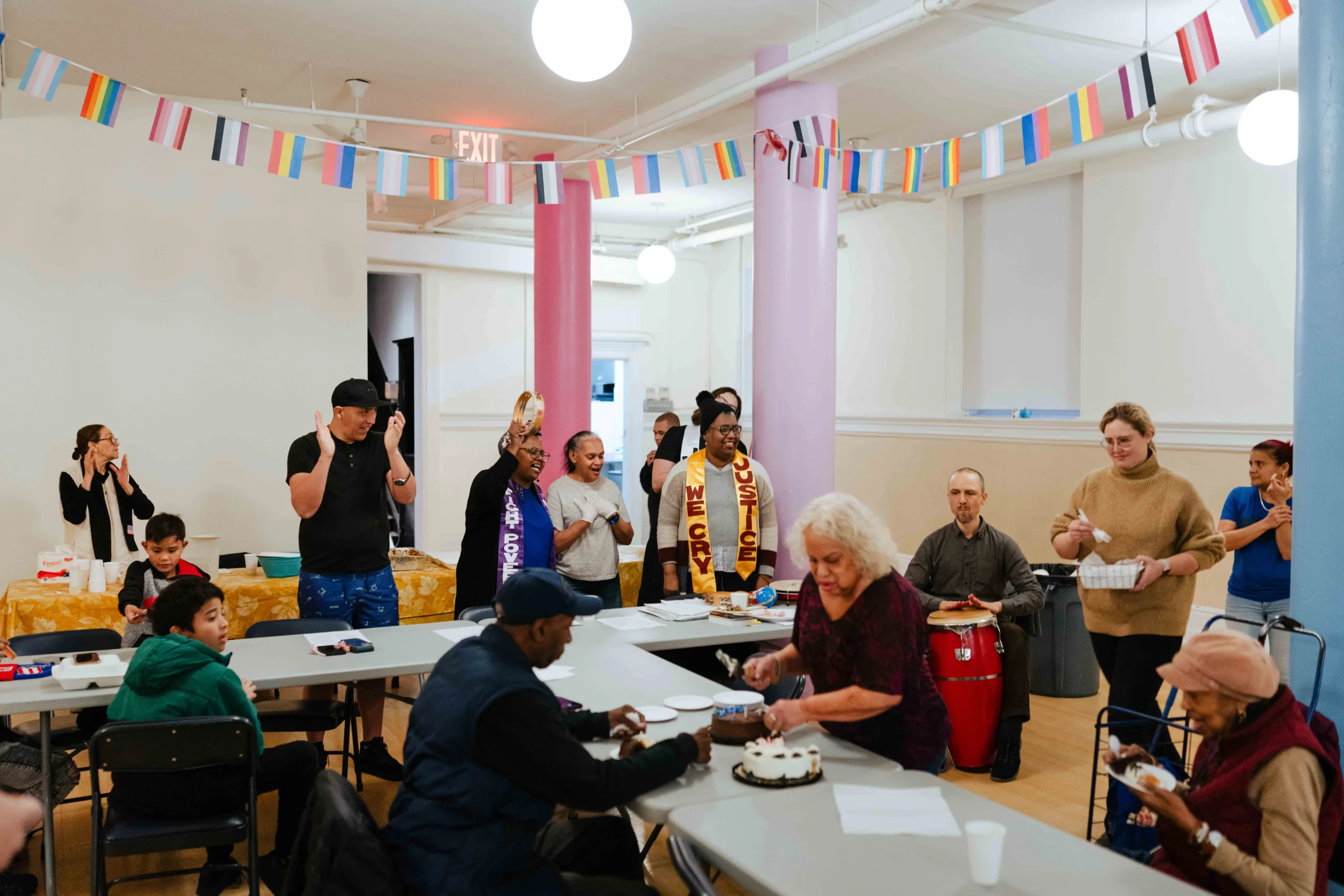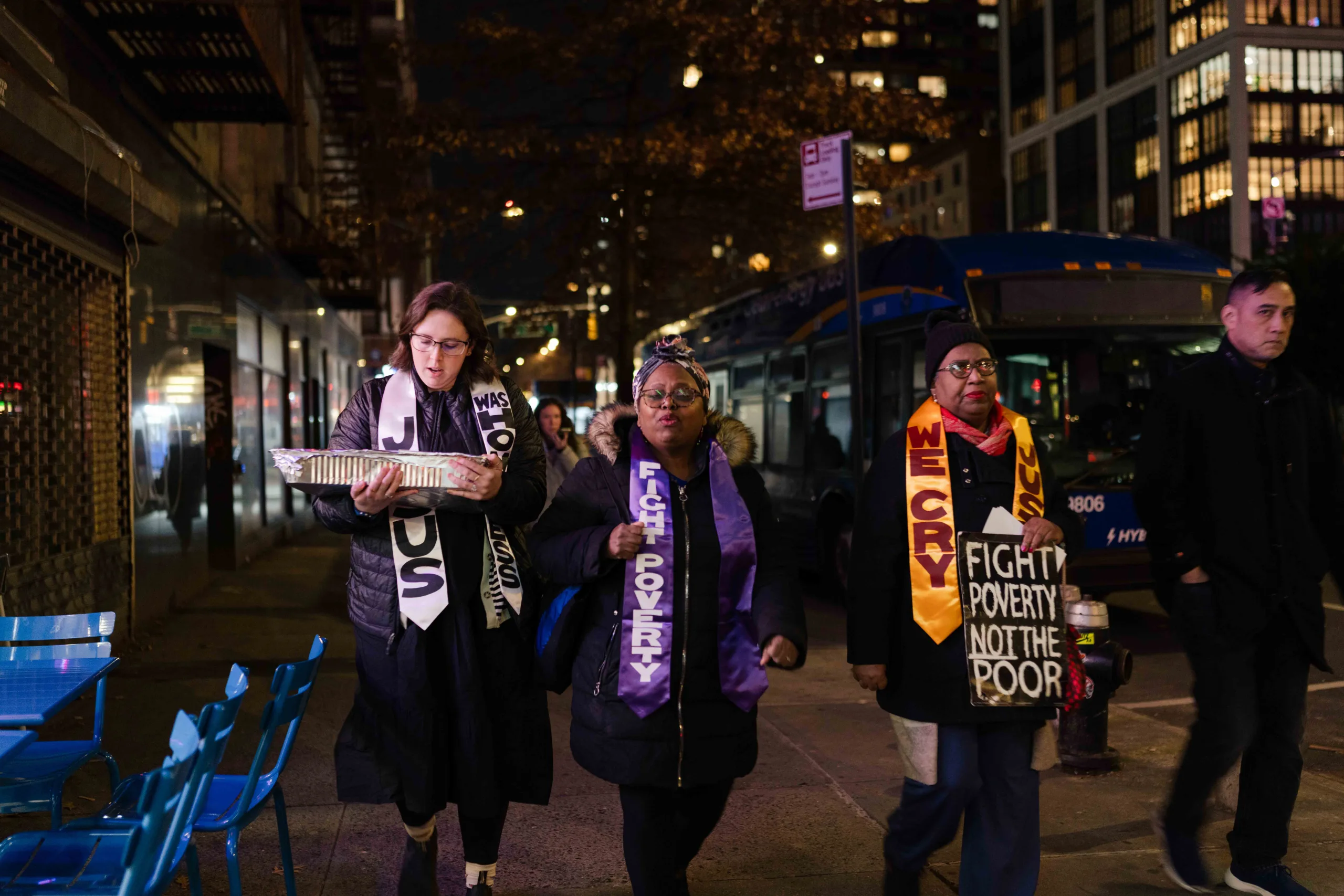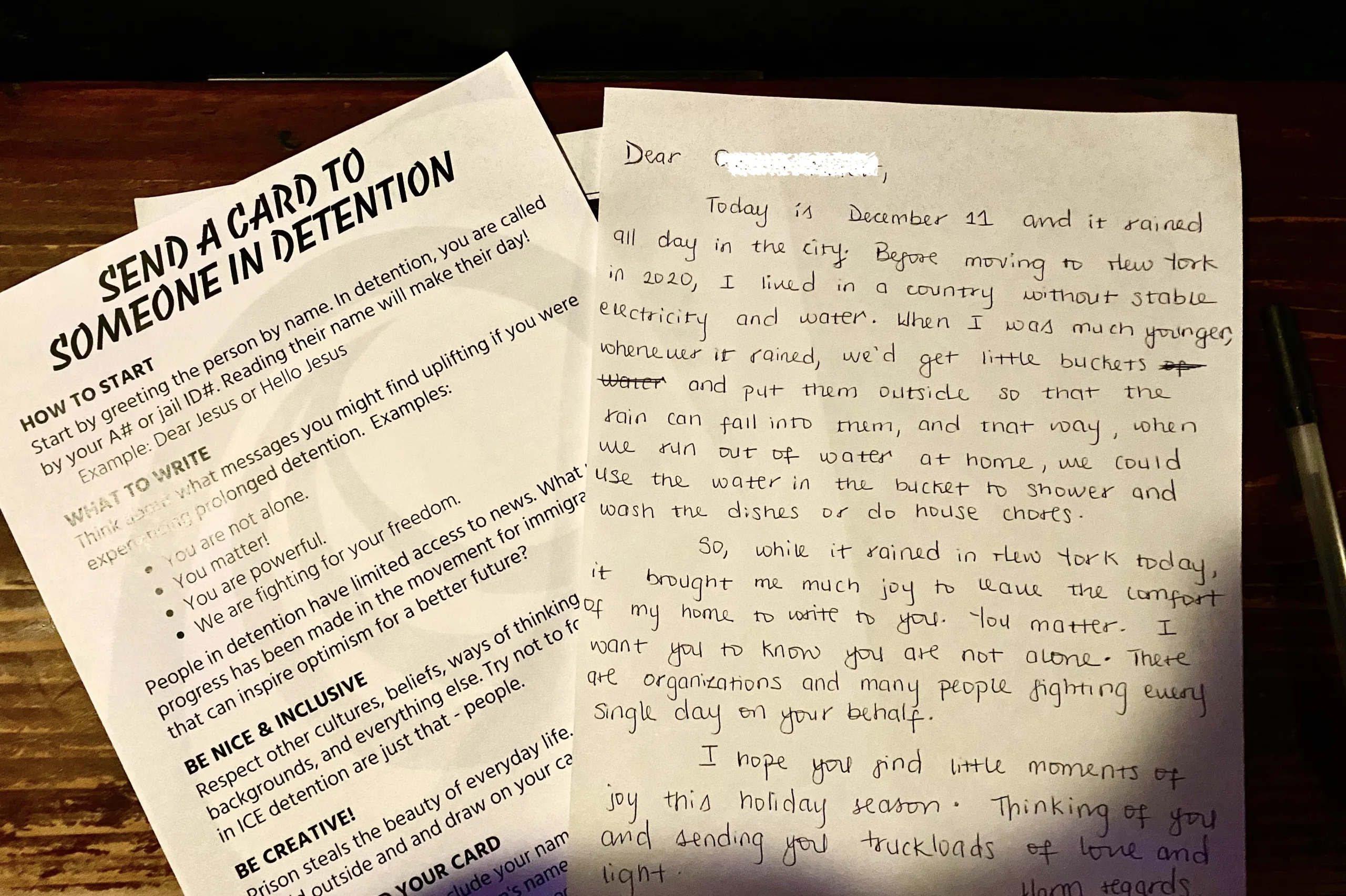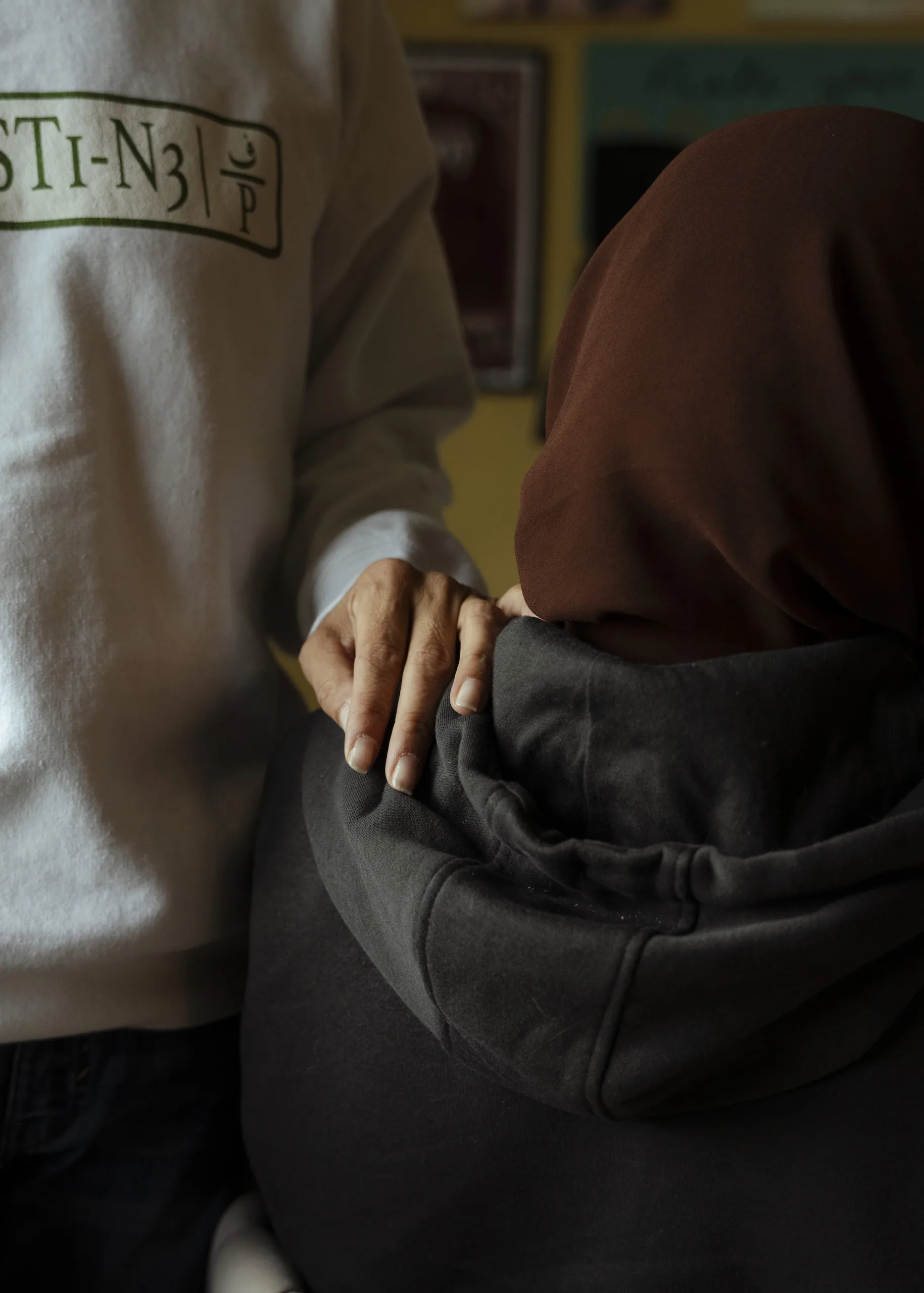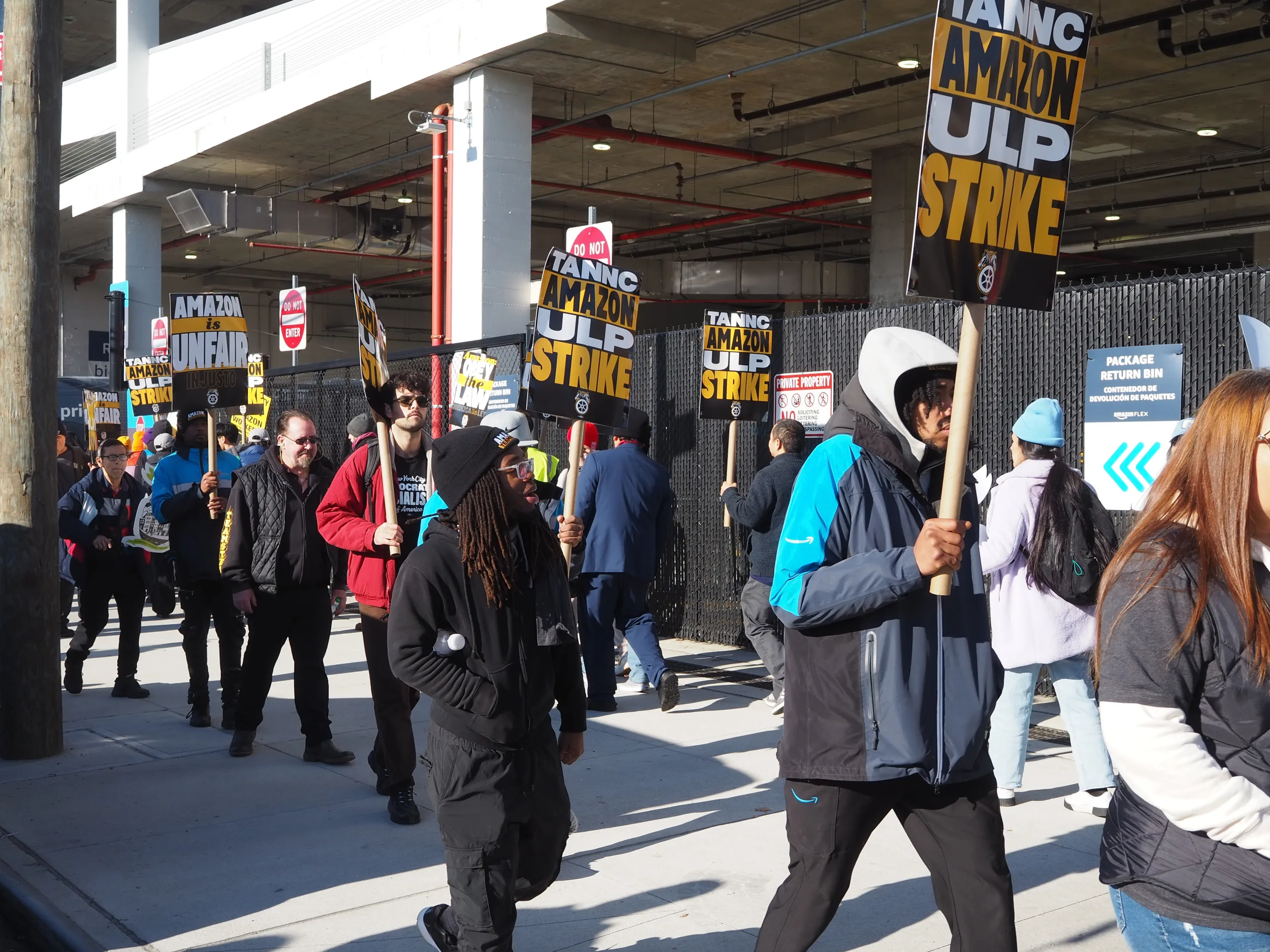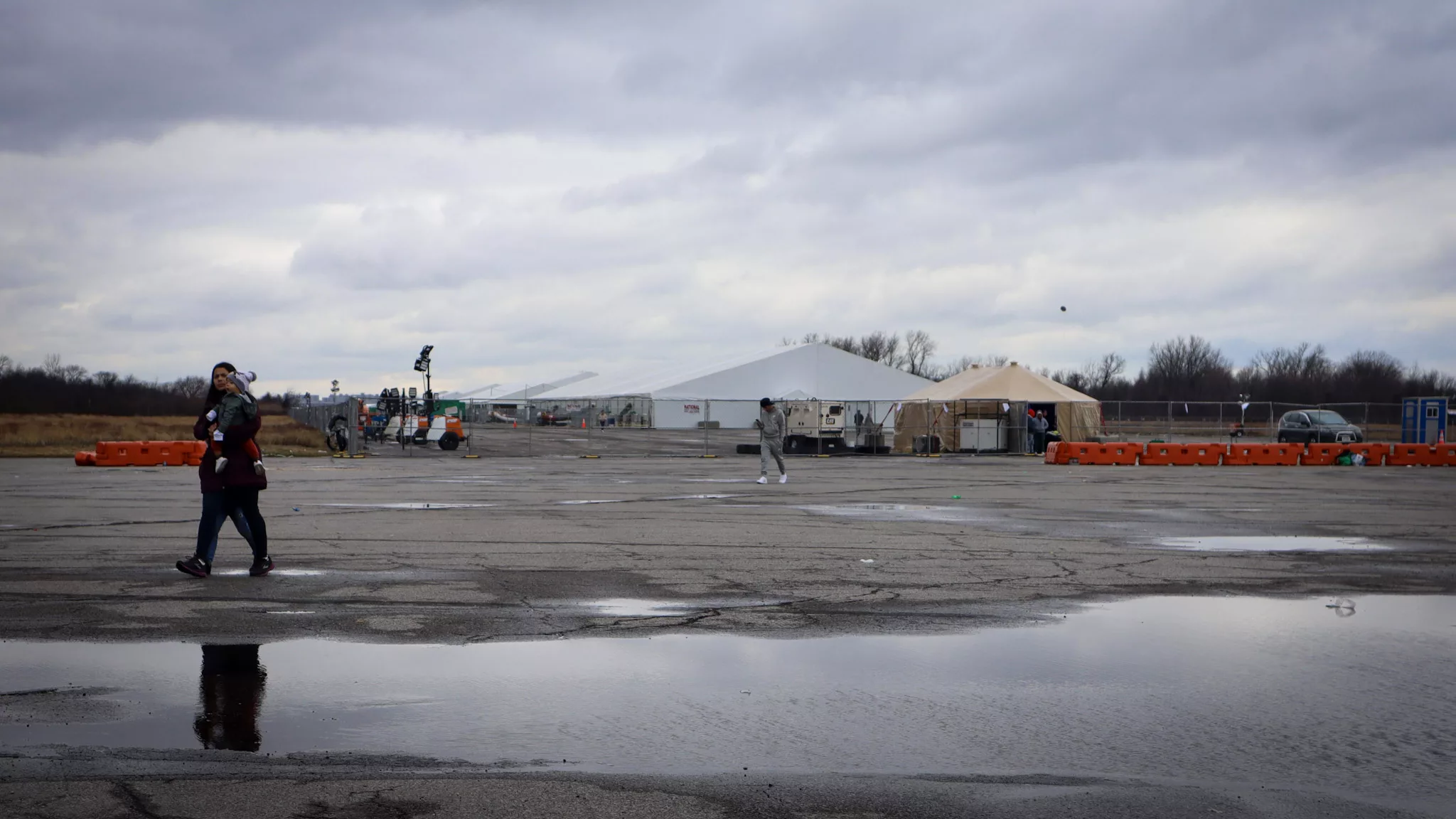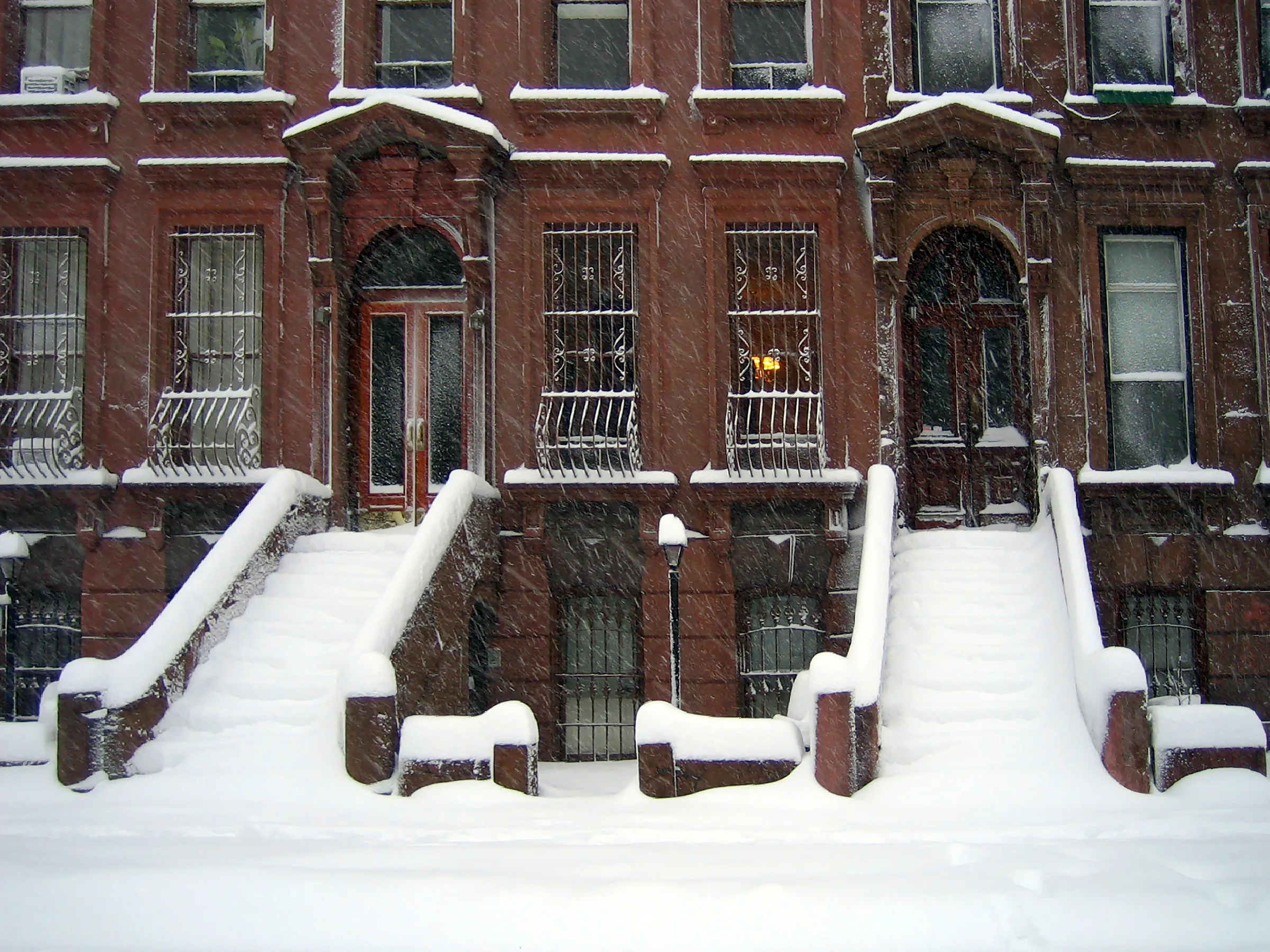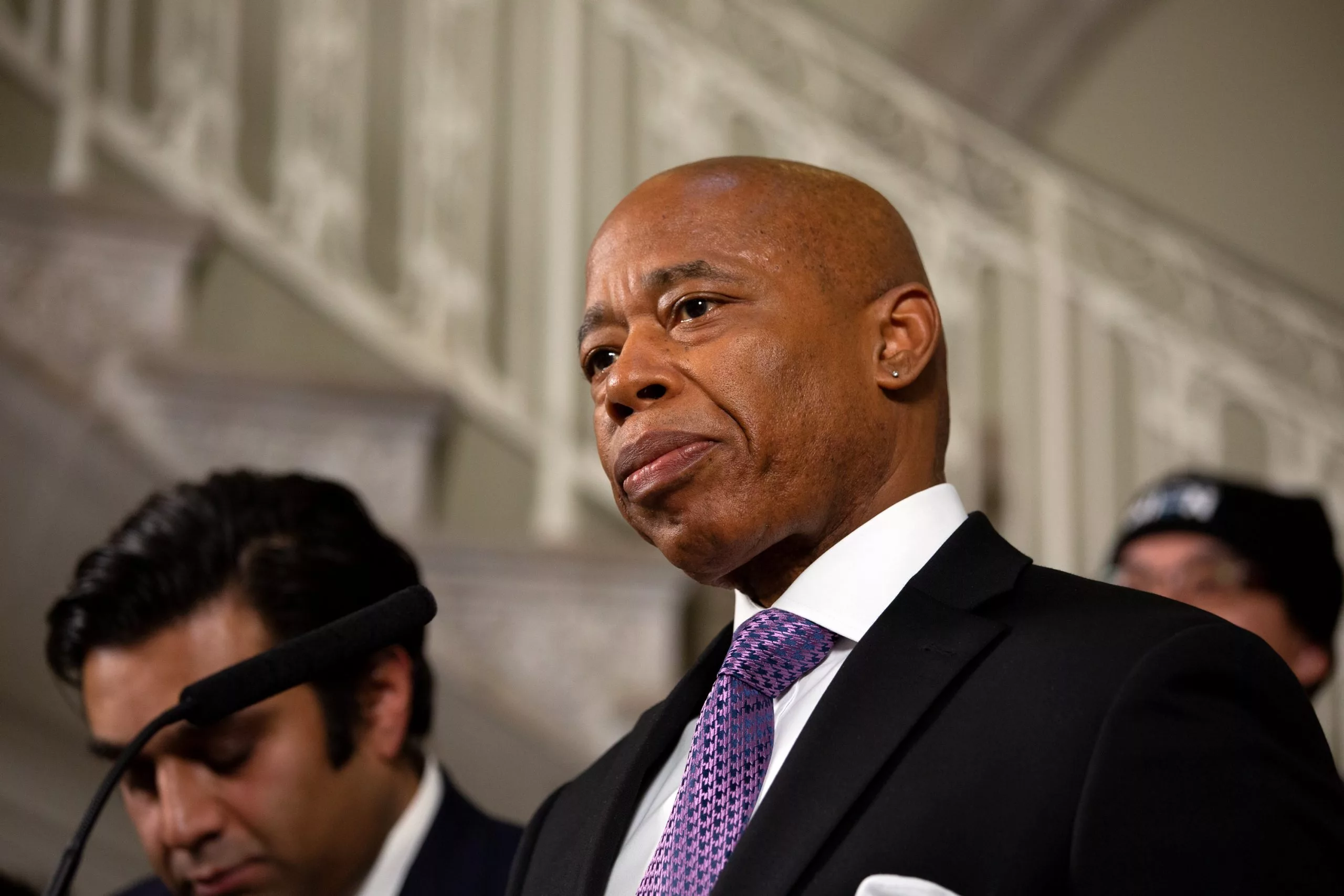On a chilly December evening on the Upper West Side of Manhattan, three women walk side by side down 97th Street. Around their necks, they wear stoles with bold, block letters. “FIGHT POVERTY NOT THE POOR,” one reads. “JESUS WAS HOMELESS,” reads another.
As they turn north on Amsterdam Avenue, they begin to sing, “Os pido posada en nombre del Cielo… Nuestro cuerpo espera un sitio de descanso. Solo hemos venido por un lugar mejor.”
In English, this translates to, ““I ask you for shelter in the name of Heaven… Our body is waiting for a place to rest. We have only come for a better place.”
Throughout the week, multiple churches and faith communities in Upper Manhattan collaborated to host “Las Posadas in the Upper West Side,” a Latin American religious tradition with a New York City twist.
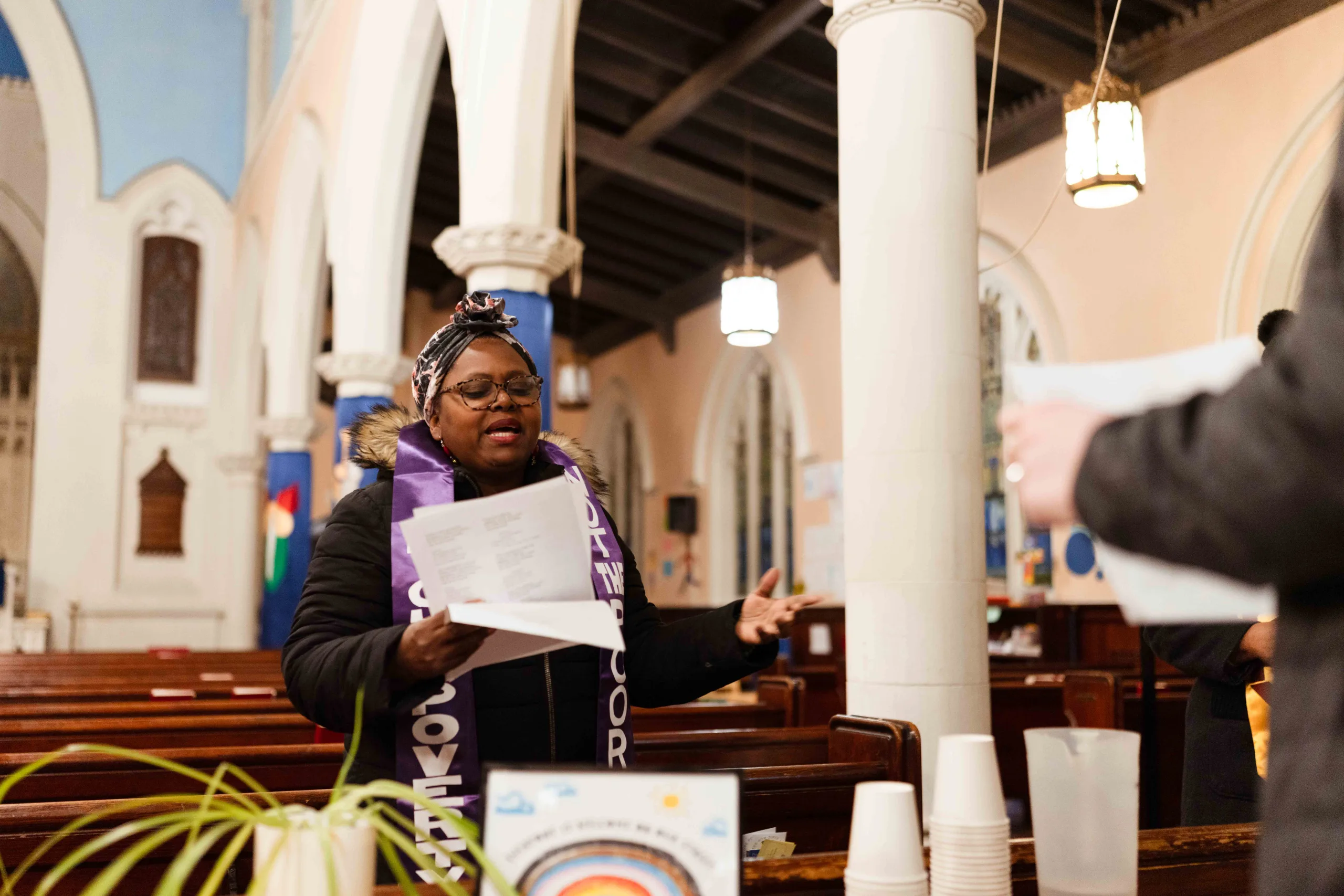
Las Posadas, a religious festival historically celebrated most commonly in Mexico, Guatemala, Latin America and Honduras, commemorates the Biblical story of Mary and Joseph’s journey from Nazareth to Bethlehem before the birth of Jesus.
Typically, participants walk through the town or neighborhood to designated homes where they sing a song and ask for posadas, or lodging. After being turned away multiple times, the group eventually finds refuge in a home or church where they enjoy a meal or party together.
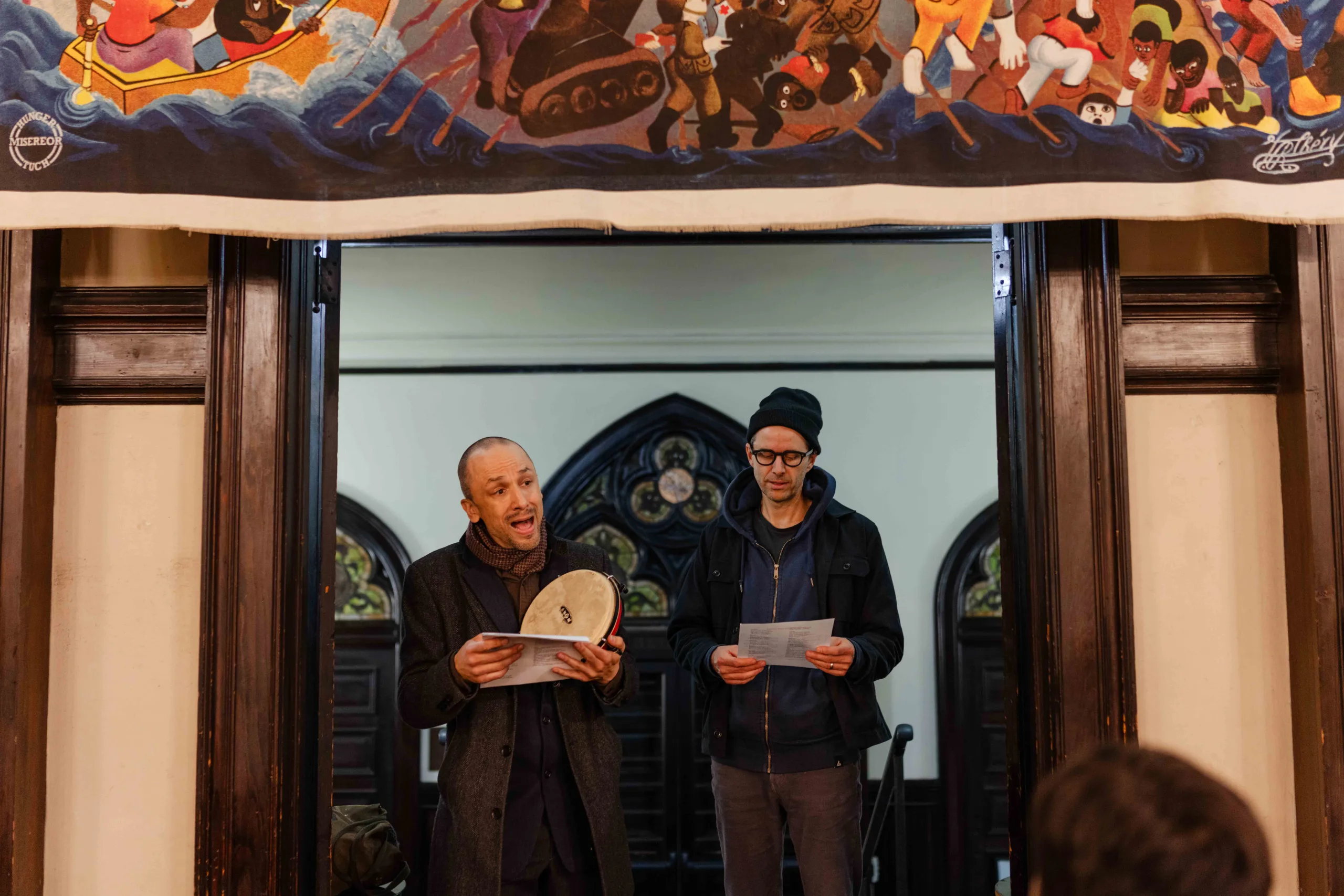
This year, the Kairos Center, along with Trinity Lutheran Church, Advent Lutheran Church, Grace and St. Paul’s Church, and St. Mary’s Episcopal Church, hosted five nights of Posadas, each focusing on a different justice issue on the Upper West Side. Themes included worker justice, gentrification and homelessness.
The Kairos Center explained, “we recreate this tradition by asking for ‘posada’ in places where our communities continue to be denied the resources, access, and services they need to survive and thrive.”
“I think the theology of Las Posadas is powerful,” said Marcos de Jesús, who is a musician at Trinity Lutheran Church. “It grounds us in noticing the conditions of the immigrant. It discusses capricious government policies, violence, homelessness,” he added. “The Christmas story is very contemporary.”
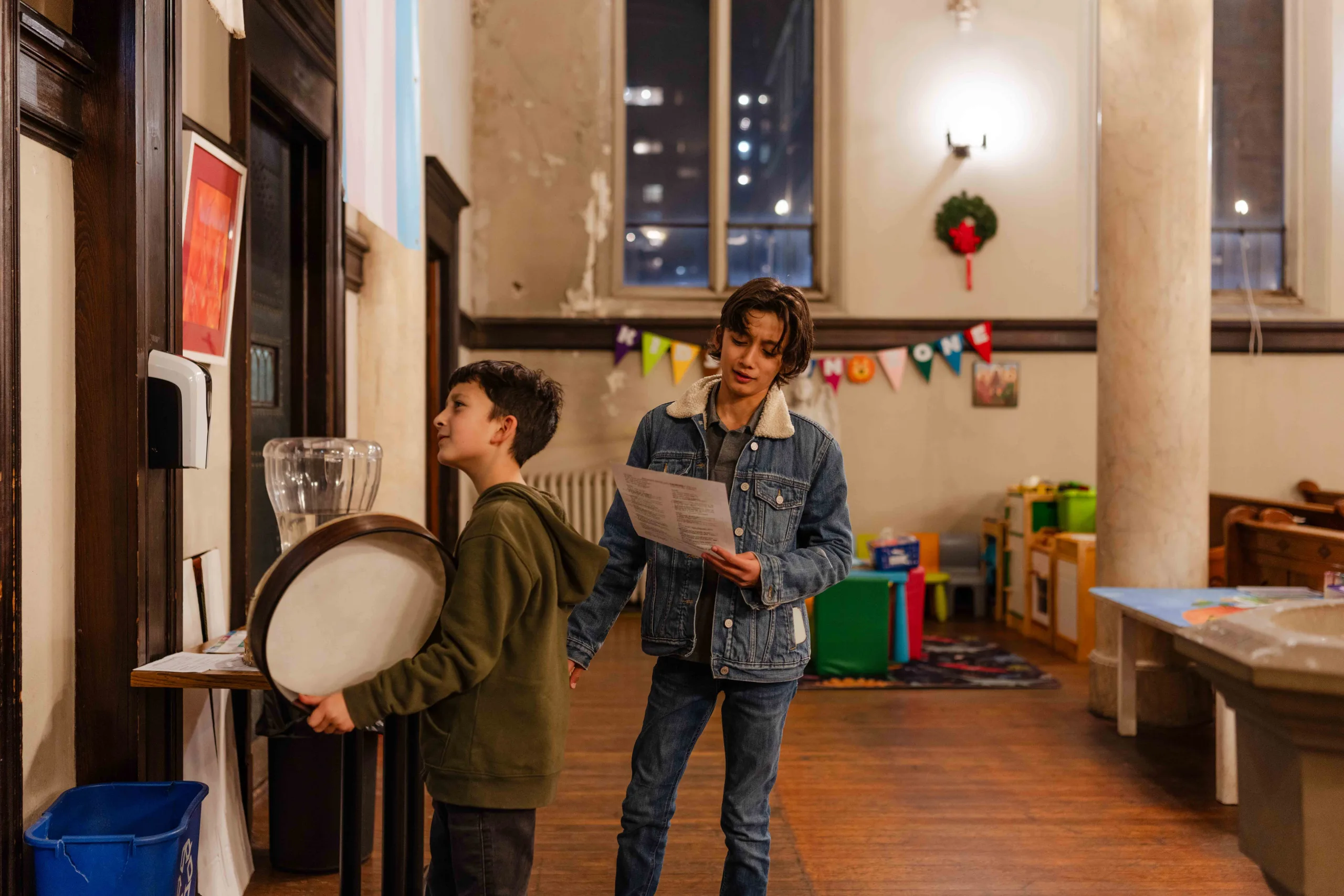
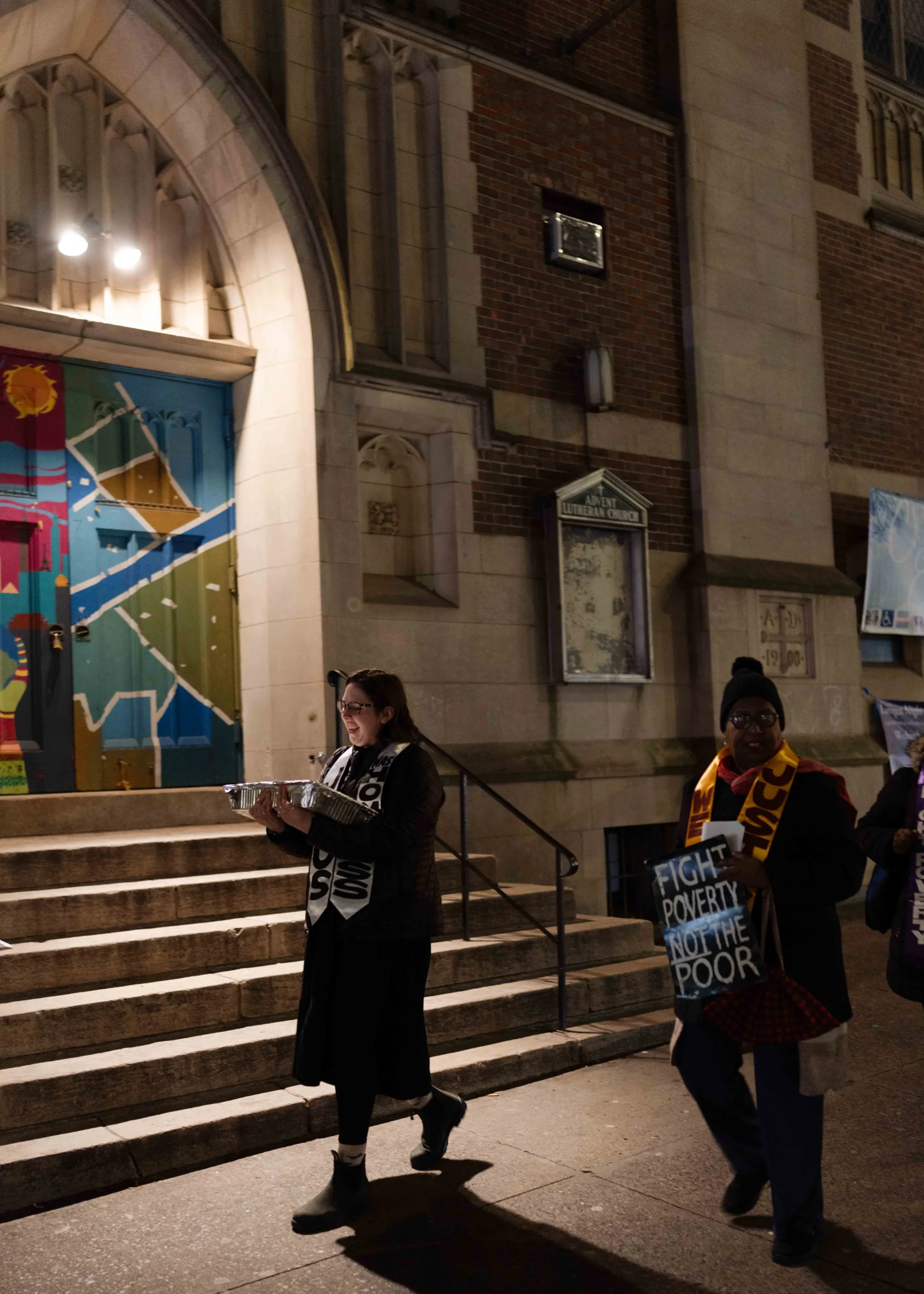
As they wander the neighborhood, they stop and visit places where migrants and unhoused people seek help. The goal is to educate those who see them walking about the issues impacting the community and inspire them to advocate for the most vulnerable.
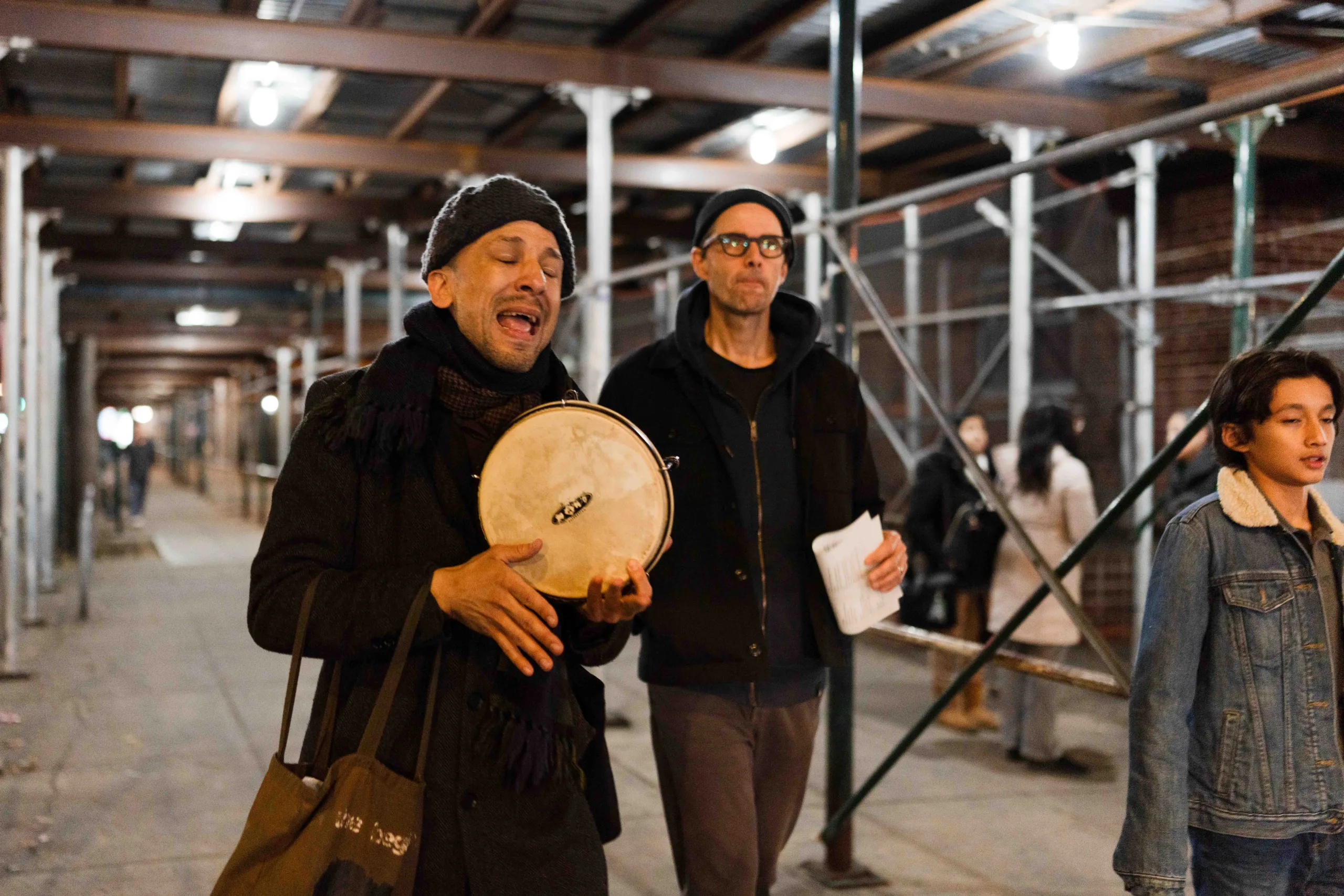
Between stops, they sing traditional songs and play tambourines, maracas and drums.
“When we planned these events, we were reflecting on this question: where would Jesus be unwelcome today?” said Arelis Figueroa, lead pastor at La Iglesia Del Pueblo NYC and one of the organizers of Las Posadas on the Upper West Side. “This is a season where people talk a lot about Jesus and gifts and parties. Meanwhile, there’s so much need out there,” she added.
People are sleeping on the street, immigrants are struggling, there is gentrification happening … People say ‘We need to put Jesus back into Christmas.’ But what does that mean?
The story is that Jesus was born in a stable because there was no room for them in the inn. This is happening right now with the immigrants and the homeless.”
